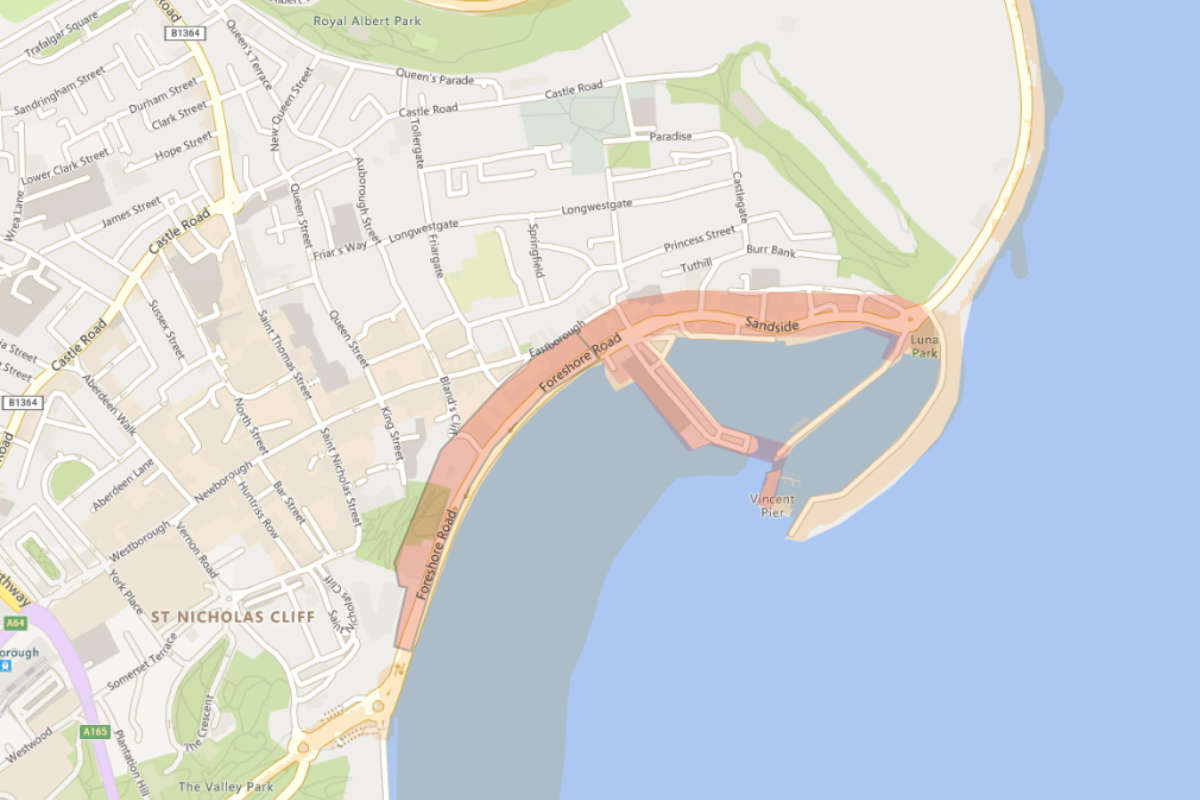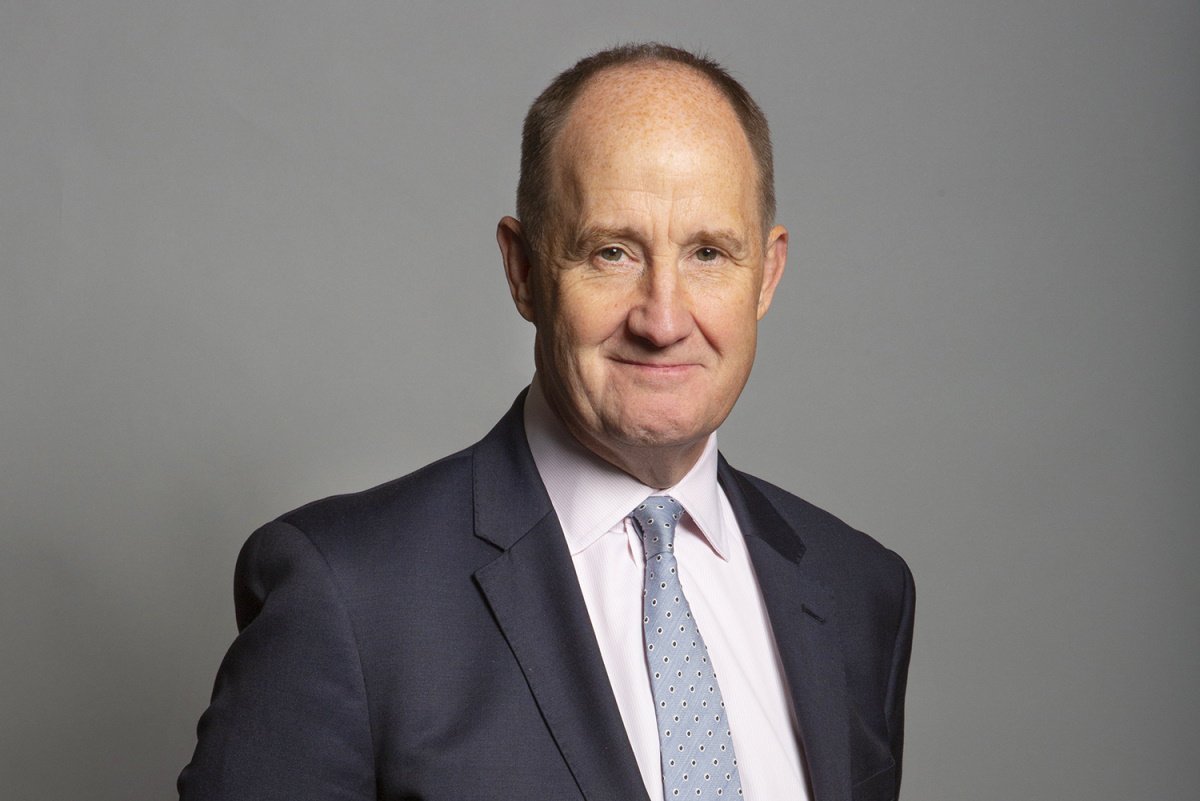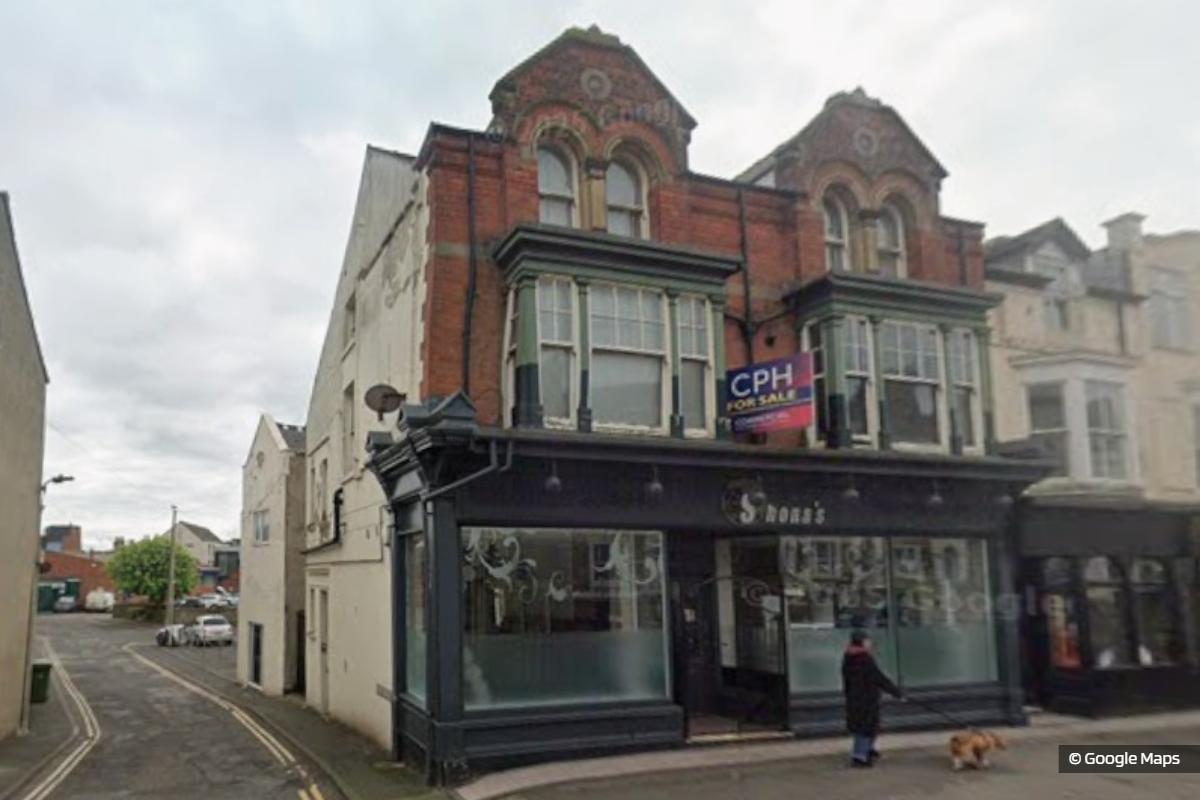
The East Riding's mayor has welcomed the Government’s Devolution Bill which looks to give mayors across the country more powers.
The Government says the Bill will deliver on its manifesto commitment to the decentralisation of power from Westminster.
Under the proposals, mayors will have powers to speed up the development of homes and other infrastructure projects in their areas with new ‘Mayoral Development Orders’. Such powers already exist in London have been used to help projects such as the construction of the Olympic Park.
The Bill also seeks to “restore taxpayers’ trust in councils’ spending” with the establishment of a Local Audit Office which the Government says will increase transparency.
A new Community Right To Buy will make local ownership of pubs, social hubs, and shops easier by giving communities the first opportunity to buy local assets when they are put on the market.
The Bill has been introduced by the Minister of State for Local Government and English Devolution, Jim McMahon MP, who said: “For too long power and opportunity has been concentrated in Westminster and Whitehall while the local councils, that millions rely on, have been frustrated and diminished. This failed approach has held back growth across our country for far too long. Local people see this in the job market, on the high street and in their own household security and prosperity. ”
Hull and East Yorkshire Mayor, Luke Campbell, has welcomed to the new Devolution Bill and called for fairer funding for the region.
He said:
“We’re finally getting a firm, clear and long term platform for the powers that will allow us to make big decisions locally in areas such as major transport improvements, equipping local people with the skills our businesses really need, and investing in the key industry sector that will help grow economic prosperity.
“Now Government needs to back up policies with fair funding – giving us the same support other parts of the Midlands and North have recently received in the Spending Review.
“I’m delighted that the Combined Authority and local people get new powers to take on the community assets which matter to people such as grassroots sports clubs and community centres. We’re going to give people more power over decisions affecting their lives and future, and this is a good step forward.”
The Bill also incudes changes to Mayoral elections themselves. In May, Mr Campbell was elected following an election under the traditional ‘First Past The Post’ system, in which the candidate with the most votes wins as in local and general elections. This system for mayoral contests was brought in by the Conservative Government in 2022 but the Devolution Bill proposes reverting these elections back to the pre-2022 Supplementary Vote system, in which voters can select a first and second choice candidate.
If no candidate receives more than 50 per cent of first-choice votes then the top two candidates remain in the contest and second preference votes on ballots for eliminated candidates are re-checked. If these are for one of the top two, it is added to their total and the candidate with the highest total then wins.
This system has been used in three Humberside Police and Crime Commissioner elections between 2012 and 2021. No candidate secured more than 50 per cent of first-round votes in any of these elections but only one, the inaugural poll in 2012, saw the first round leader defeated in the second when Labour’s John Prescott was overtaken by the Conservatives’ Matthew Grove.




 Flood Warnings Issued For Scarborough's Sandside & Foreshore Road
Flood Warnings Issued For Scarborough's Sandside & Foreshore Road
 East Riding Council Facing "Tough Decisions" as New Operating Model Signals Looming Redundancies
East Riding Council Facing "Tough Decisions" as New Operating Model Signals Looming Redundancies
 Location for Scarborough's 400th Anniversary Sculpture Confirmed
Location for Scarborough's 400th Anniversary Sculpture Confirmed
 New Chief Exec for Yorkshire Air Ambulance
New Chief Exec for Yorkshire Air Ambulance
 Scarborough and Whitby MP Presses for Burniston Fracking Decision to be Delayed
Scarborough and Whitby MP Presses for Burniston Fracking Decision to be Delayed
 Pickering and Filey MP Criticises Government for ‘Unfair’ Rural Funding Settlement
Pickering and Filey MP Criticises Government for ‘Unfair’ Rural Funding Settlement
 East Riding to Introduce Weekly Food Waste Collections Amid Long-Term Funding Fears
East Riding to Introduce Weekly Food Waste Collections Amid Long-Term Funding Fears
 Eastfield Boxing Club Film to Get Scarborough Premiere
Eastfield Boxing Club Film to Get Scarborough Premiere
 Scarborough Athletic Stunned By Minnows in Senior Cup
Scarborough Athletic Stunned By Minnows in Senior Cup
 Whitby Town Again Hit By Second Half Slaughter
Whitby Town Again Hit By Second Half Slaughter
 Scarborough Café and Flat Plans Opposed by Town Councillors
Scarborough Café and Flat Plans Opposed by Town Councillors
 Bridlington Town Beaten Again Despite Improved Showing
Bridlington Town Beaten Again Despite Improved Showing








Comments
Add a comment